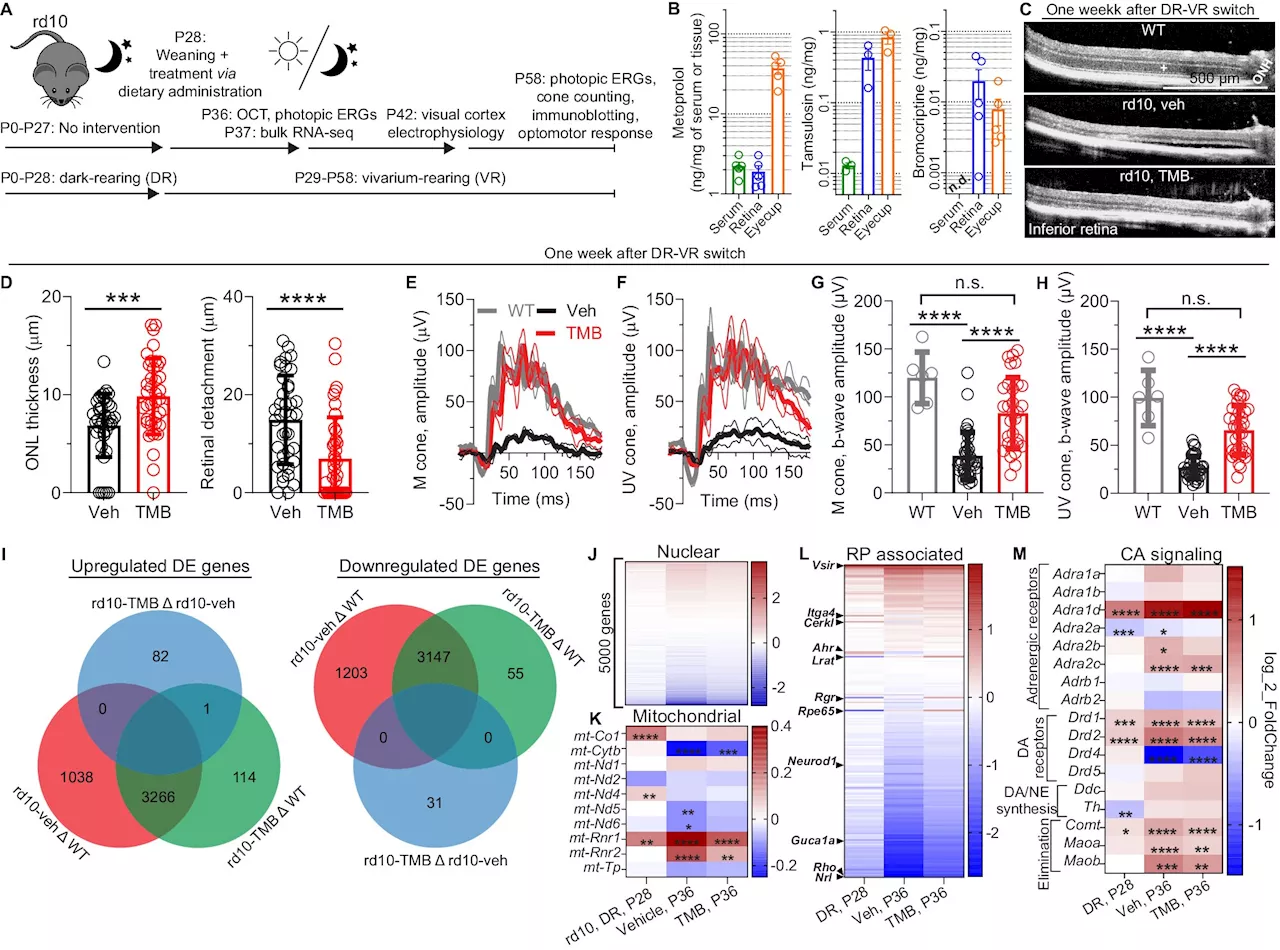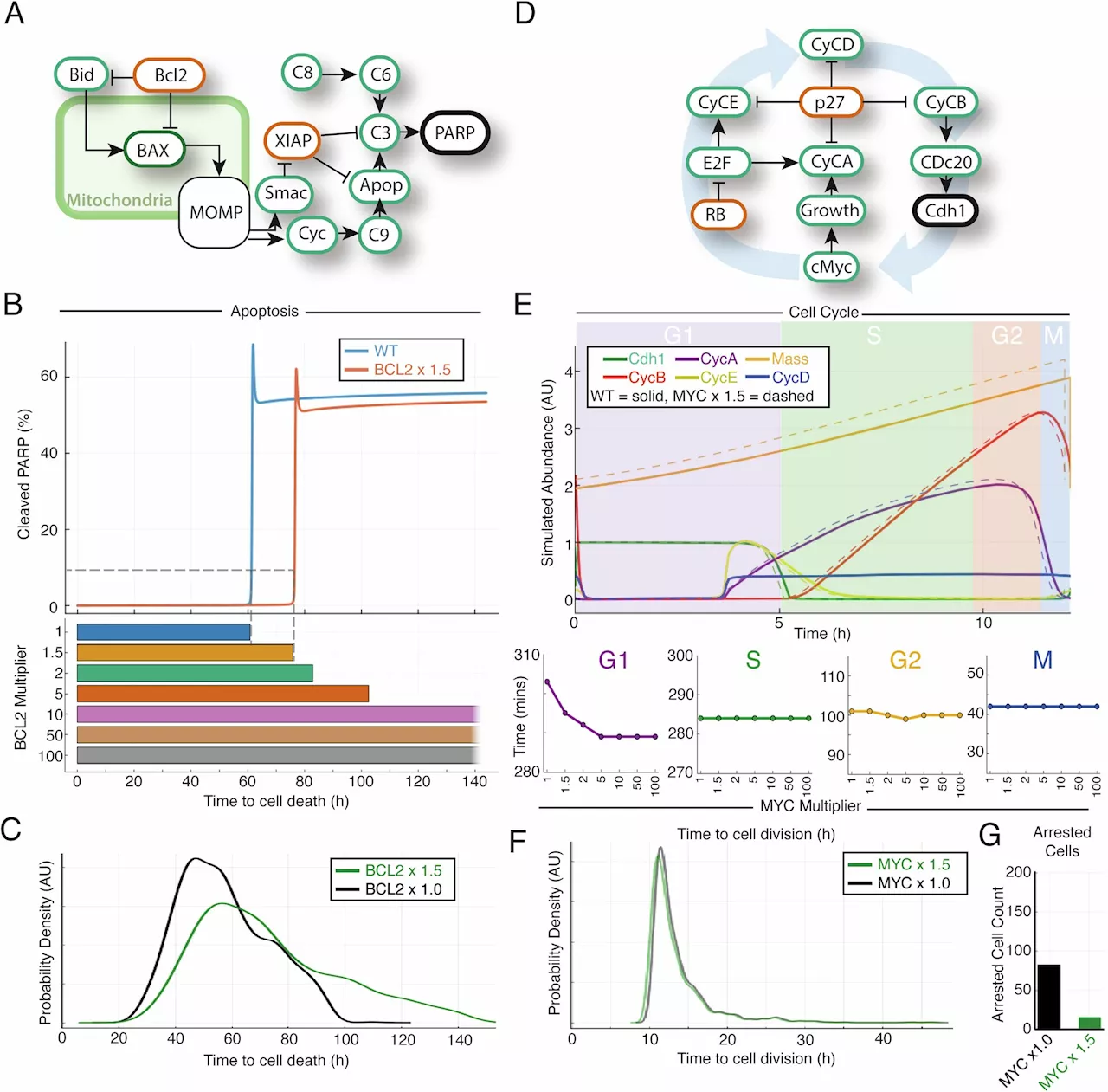Study reveals that prenatal exposure to BPA disrupts aromatase activity in male brains, potentially leading to autism-like symptoms. Treatment with 10-HDA shows promise in reversing these effects.
By Dr. Chinta SidharthanReviewed by Benedette Cuffari, M.Sc.Aug 11 2024 In a recent study published in Nature Communications, researchers investigated the role of aromatase in the increased risk of autism spectrum disorder observed in males prenatally exposed to bisphenol A .
Aromatase is an enzyme encoded by the CYP19A1 gene that is expressed and regulated in the brain. Aromatase converts androgens to estrogens and is found in high levels in the amygdala of males during fetal development. Post-mortem analyses of males with autism have observed lower levels of aromatase activity than in the brains of age-matched healthy controls. A 38% reduction of CYP19A1 expression in the prefrontal cortex of males with autism was also observed.
The researchers also proposed that estrogen supplementation in the form of 10-hydroxy-2-decenoic acid , which is commonly found in royal jelly from beehives, could ameliorate the impact of prenatal BPA exposure and improve ASD phenotypes in a murine model. In vitro experiments using the human neuroblastoma cell line SH-SY5Y demonstrated that BPA exposure reduces aromatase expression levels by 50%. Compared to control mice, prenatal BPA exposure similarly reduced the expression of aromatase in the brains of male mice.
Prenatal Amygdala Brain Children DNA DNA Methylation Enzyme Estrogen Gene In Utero In Vitro In Vivo Phenotype Research Spine
United Kingdom Latest News, United Kingdom Headlines
Similar News:You can also read news stories similar to this one that we have collected from other news sources.
 Combination treatment based shows promise for treatment of retinal degenerations, drug repurposing study findsDrug repurposing shows promise in the treatment of retinal degenerations, according to a new study by an international team of researchers, published in Nature Communications. A combination treatment incorporating three existing drugs—tamsulosin, metoprolol and bromocriptine—slowed disease progression in pre-clinical retinopathy models.
Combination treatment based shows promise for treatment of retinal degenerations, drug repurposing study findsDrug repurposing shows promise in the treatment of retinal degenerations, according to a new study by an international team of researchers, published in Nature Communications. A combination treatment incorporating three existing drugs—tamsulosin, metoprolol and bromocriptine—slowed disease progression in pre-clinical retinopathy models.
Read more »
 Study suggests prenatal diet may play a role in autismA small team of public health specialists from the University of Glasgow and the Norwegian Institute of Public Health reports a possible link between some cases of autism and prenatal diet.
Study suggests prenatal diet may play a role in autismA small team of public health specialists from the University of Glasgow and the Norwegian Institute of Public Health reports a possible link between some cases of autism and prenatal diet.
Read more »
 High cost of fertility treatment in UK forcing many to seek treatment abroadA sharp fall in the number of NHS IVF procedures, and the cost of private fertility treatment in the UK, means many Brits are now looking overseas in their quest to conceive
High cost of fertility treatment in UK forcing many to seek treatment abroadA sharp fall in the number of NHS IVF procedures, and the cost of private fertility treatment in the UK, means many Brits are now looking overseas in their quest to conceive
Read more »
 New study shows updated stroke evaluation protocols increase patient access to lifesaving stroke treatmentChanging standard procedures for evaluating and treating patients with suspected stroke has led to improved access to lifesaving stroke surgery across the state of Delaware and should inform triage and treatment nationwide, according to research released today at the Society of NeuroInterventional Surgery's (SNIS) 21st Annual Meeting.
New study shows updated stroke evaluation protocols increase patient access to lifesaving stroke treatmentChanging standard procedures for evaluating and treating patients with suspected stroke has led to improved access to lifesaving stroke surgery across the state of Delaware and should inform triage and treatment nationwide, according to research released today at the Society of NeuroInterventional Surgery's (SNIS) 21st Annual Meeting.
Read more »
 Long-term results from testicular cancer treatment are positive, study showsA new study shows that by combining different chemotherapy drugs, testicular cancer remains highly treatable and often curable, even after first-line treatment fails. .
Long-term results from testicular cancer treatment are positive, study showsA new study shows that by combining different chemotherapy drugs, testicular cancer remains highly treatable and often curable, even after first-line treatment fails. .
Read more »
 Personalized simulations predict patient outcomes for blood cancer treatment in breakthrough studyA study led by researchers at Brighton and Sussex Medical School (BSMS) has unveiled an approach to predicting the effectiveness of treatments for patients with diffuse large B-cell lymphoma (DLBCL), a common form of blood cancer.
Personalized simulations predict patient outcomes for blood cancer treatment in breakthrough studyA study led by researchers at Brighton and Sussex Medical School (BSMS) has unveiled an approach to predicting the effectiveness of treatments for patients with diffuse large B-cell lymphoma (DLBCL), a common form of blood cancer.
Read more »
